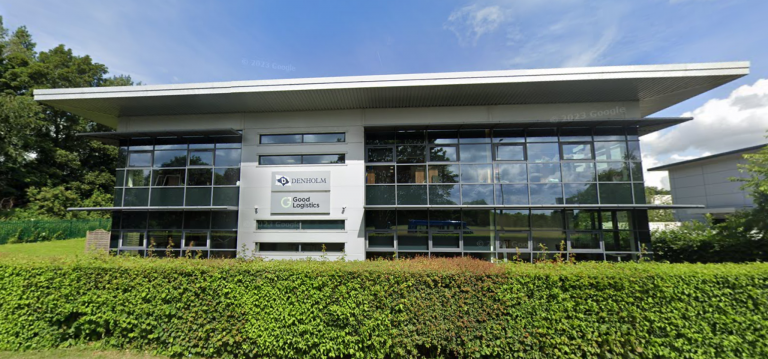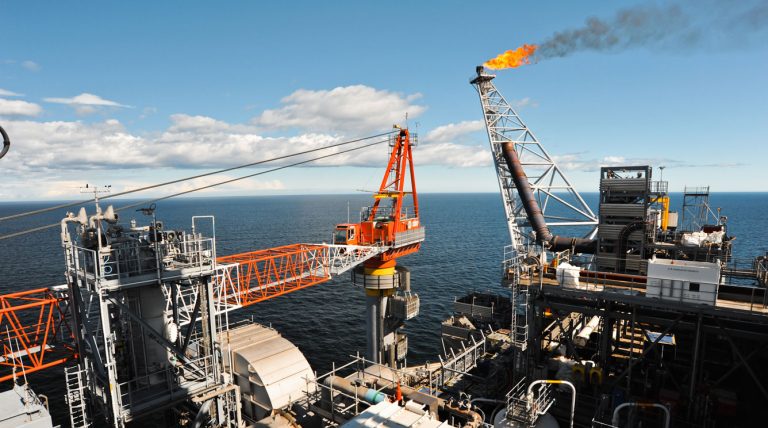Grant funding will help to bring Hull’s Castle Buildings back into use
Bradford hydrogen production facility secures government funding
Hull logistics firm acquires European road freight specialist
The Business Day adds another speaker for Bridlington event
Work completes on Sheffield’s new food hall
Yorkshire and the Humber struggles in difficult economic climate
Much of the UK showed a worsening economic picture in November with many regions and nations, including Yorkshire and the Humber, seeing the pressure of high interest rates continuing to take its toll as the number of start-ups fell since the previous month while levels of insolvency-related activity rose.
According to the latest research from the UK’s insolvency and restructuring trade body, R3, based on an analysis of data provided by CreditSafe, only four of the 12 regions and nations surveyed saw a rise in the number of new businesses last month. Yorkshire and the Humber’s performance ranked around the middle with a fall of 3.3% month-on-month, while Northern Ireland achieved the highest levels of new businesses (up 11%) followed by the West Midlands (up 2.9%) – all of the others saw either a small rise or a fall since October.
However, the figure of 4,744 start-ups in Yorkshire and the Humber last month was among the highest during 2023 with only March (5,315) and October (4,907) seeing significantly more new businesses. Looking at the year-on-year figures, November 2023 represented a 1.7% rise compared with November 2022.
In terms of levels of insolvency-related activity (which includes liquidator and administrator appointments and creditors’ meetings), two-thirds of the regions and nations saw a rise in November compared with the previous month.
Yorkshire and the Humber was among those with the greatest increases (up by 19.1%), closely followed by Wales (up 19%) and East Anglia (up 18.8%). The strongest performances were in the East Midlands (-8.7%), Northern Ireland (-7.4%) and the South East (-4.3%).
“Increasingly, GDP data is showing the UK as a ‘stagnation nation’ and it is concerning to see this being borne out with our latest analysis of the research revealing falling numbers of new businesses and growing insolvency-related activity here and across much of the country,” says Eleanor Temple, chair of R3 in Yorkshire and a barrister at Kings Chambers in Leeds.
“The economy appears to be flatlining with little sign of sustained growth, and the impact of inflation is continuing to hamper consumer spending and business activity in what should be one of the busiest periods of the year.
“There’s no doubt that the rapid rise in interest rates since late 2021 is taking its toll and it now looks like there is a real risk of the UK falling into recession next year. With January renowned as one of the most difficult trading months for many sectors, it is vital that directors approach the New Year with caution and enlist the services of qualified insolvency professionals as early as possible should any signs of financial problems appear.”
Two new lettings announced for Sheffield’s Heart of the City
2024 Business Predictions: Louisa Harrison-Walker, CEO of Sheffield Chamber of Commerce
£15.6m development loan secured for 293-bed Lincoln student scheme
South Yorkshire invention could help clean up energy production globally
Am engineering breakthrough from a South Yorkshire company could solve the problem of flaring and venting from oil and gas fields and help clean up energy production.
Rotherham-based AESSEAL has invented new technology that seeks to eliminate or reduce both intermittent and continuous emissions and could be retrofitted to oil and gas facilities across the world. The company has partnered with pump manufacturer Torishima UK to develop EcoGuard, which will be made in Glasgow. The product has been hailed as a game-changer for the oil and gas industry and could extend the life of existing rigs. Chris Rea, founder and group MD of AESSEAL, said: “My interest is in the environment. AESSEAL does not make pumps and the EcoGuard technology does not use seals, but I would like to turn off the industrial-scale bunsen burners that are destroying the planet for my grandchildren. On a case specific basis, I will give our competitors a royalty-free licence as the environment needs all the help it can get. “In Scotland, which has nearly 90 per cent of UK oil and gas production, more than one billion cubic metres of gas was flared in 2019, releasing 2.9 million tonnes of CO2 equivalent emissions – 21 per cent of the total. “Not only is this damaging, it is extremely wasteful. The gas flared off could have been used for heating and is the same as the total energy consumption of Glasgow, where EcoGuard will be produced at Torishima’s plant in the city.” EcoGuard is a small but powerful booster pump that transports gas around a rig’s compressor in a similar way to a central heating system circulating water around a house. The booster maintains the flow of gas during intermittent shutdowns, an established practice that removes the need for deliberate emissions to prevent contamination of the system. In the inventive step, the booster also keeps the seal clean to stop leakage throughout continuous operation. The EcoGuard is at prototype testing stage and will be ready to market in early next year, six years before the UK government deadline for the oil and gas industry.











